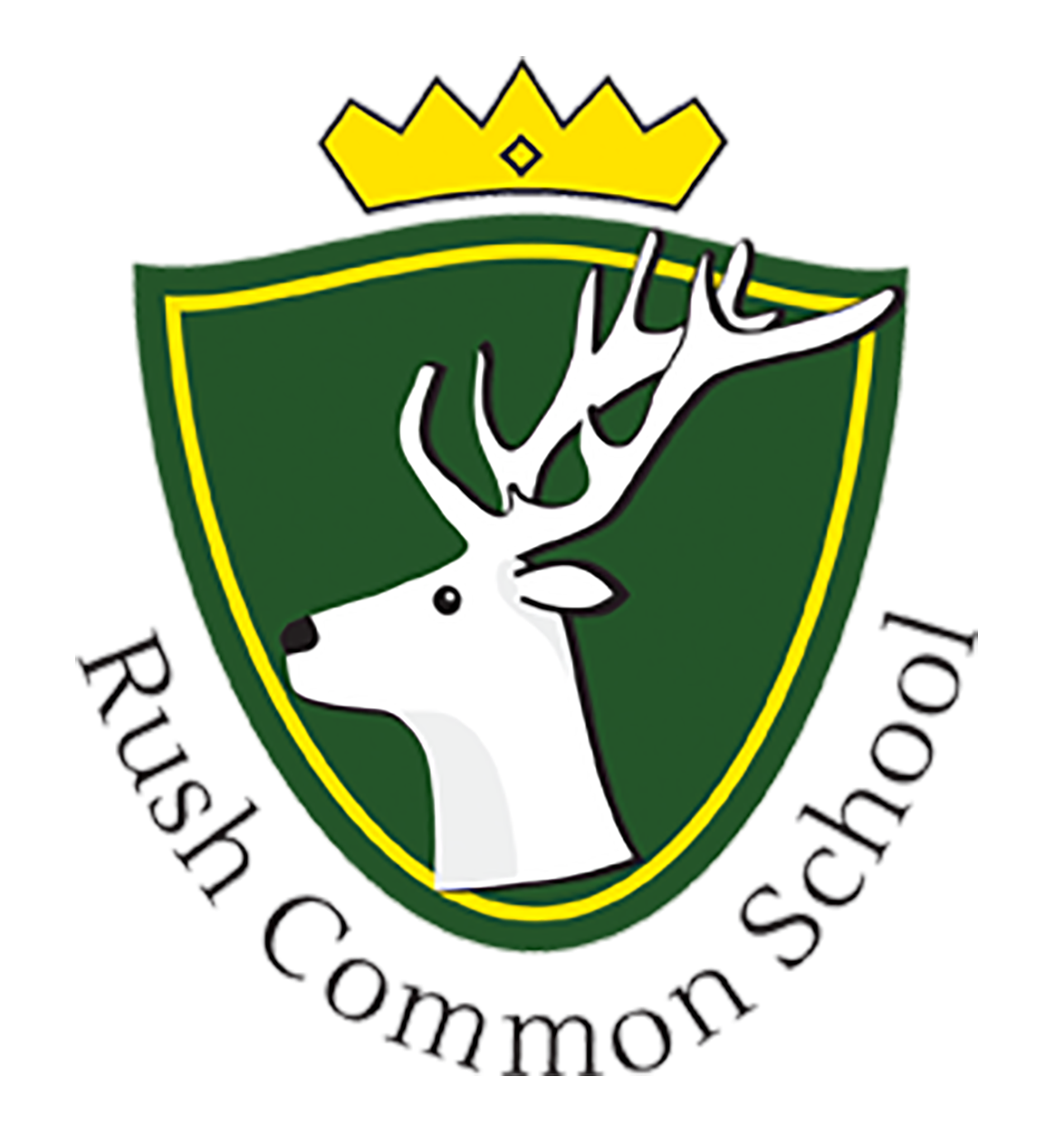Our Learning
British Modern Values
British Modern Values Vision
The DfE have reinforced the need “to create and enforce a clear and rigorous expectation on all schools to promote the fundamental British values of democracy, the rule of law, individual liberty and mutual respect and tolerance of those with different faiths and beliefs.” The government set out its definition of British Values in the 2011 Prevent Strategy.
Britain’s claim to these values should not negate the fact that other nations also hold and implement these values as their own. Because of our diverse school community, we model to pupils that these values are the values of the society in which we live and are shared amongst many people around the world.
Rush Common’s PSHE scheme of work, Jigsaw, provides opportunities for teachers to teach pupils about the values of
Democracy, Rule of Law, Individual Liberty and Mutual Respect and Tolerance. These values are promoted through the use of the Jigsaw Learning Charter and the structure of our PSHE lessons.
British Values in Jigsaw lessons - overview
At Rush Common, British Modern Values are further reinforced in the following ways:
Democracy
- Class voting for the election of school councillors at the start of the year;
- Annual campaign and election for our head boy/girl, sports captains and house captains;
- Provide pupils with a broad general knowledge of, and promote respect for, public institutions and services such as Fire and Police;
- Teach pupils how they can influence decision-making through the democratic process;
- Taught through assemblies (including UK Parliament Week) and our school curriculum;
- Encourage pupils to become involved in decision-making processes and ensure they are listened to in school;
- Help pupils to express their views;
- Model how perceived injustice can be peacefully challenged through our restorative behaviour approach.
Rule of Law
- Ensure school rules and expectations are clear and fair;
- Class rules and celebration of adhering to these rules;
- Help pupils to distinguish right from wrong;
- Explore within our PSHE Lessons laws and what to do if peer pressure is trying to persuade children to break these;
- Refer to the protected characteristics as part of our PSHE and wider curriculum;
- Annual visit from police to take about online safety with Year 6
Individual Liberty
- Support pupils to develop their self-knowledge, self-esteem, self-confidence;
- Encourage pupils to take responsibility for their behaviour, as well as knowing their rights;
- Model freedom of speech through pupil participation, while ensuring protection of vulnerable pupils and promoting
critical analysis of evidence; - Challenge stereotypes;
- Implement a strong anti-bullying culture;
- Use of restorative behaviour approach to resolve behaviour incidents and conflicts;
- E-Safety units of work are taught throughout school and staff receive training on these.
- Online safety guides regularly provided to parents in the school newsletter.
Mutual Respect and Tolerance
- Use Jigsaw PSHE lessons and assemblies to explore the protected characteristics of the 2010 Equality Act to promote
respect for individual differences and to actively challenge stereotypes; - Explore positive role models (where possible) through topics who reflect the protected characteristics of the 2010
Equality Act; - Challenge prejudicial or discriminatory behaviour;
- Annual RE assemblies provided by members of the major world religions and world views;
- Our RE scheme ensures that our children have a good understanding of a range of religious beliefs and customs;
- Help pupils to acquire an understanding of, and respect for, their own and other cultures and ways of life;
- Celebrations of our community’s diversity (i.e. Day of Languages);
- Use of restorative behaviour approach to resolve behaviour incidents and conflicts.

